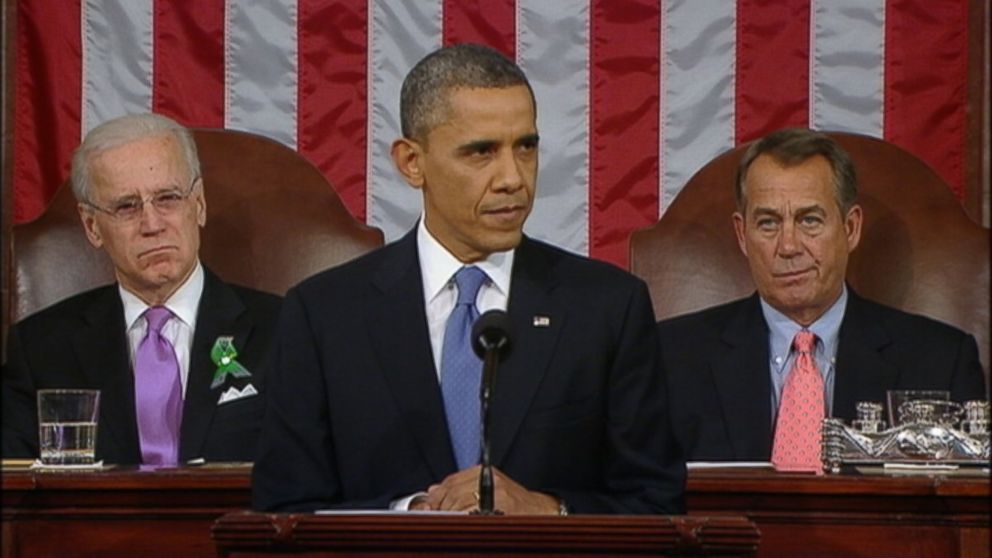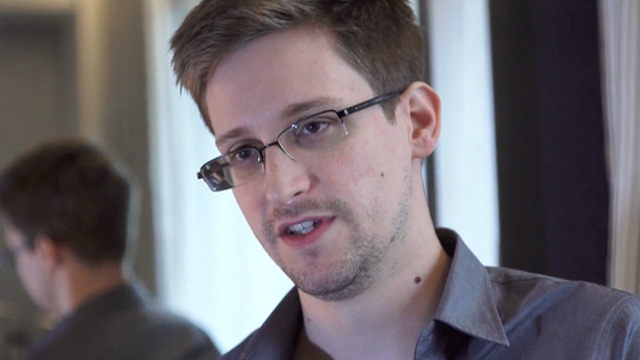Article II, Sec. 3, of the U.S. Constitution
"The President shall from time to time give to Congress information of the State of the Union and recommend to their Consideration such measures as he shall judge necessary and expedient."
Pretty vague, huh?
Tuesday, January 12th, 2016, President Barack Obama will give his seventh and final State of the Union Address (his speech in 2009, given in the first month of his presidency doesn't count as an official SOTU).
In the article provided in class, you read a little about the history of the SOTU address. A Brief History of the State of the Union Address from Mental Floss is an interesting read that will give you more information about his this even has developed over time. Pay close attention to the precedents set (especially by Washington, Jefferson, and Wilson), because the ambiguity of constitutional requirement meant that Presidents have some flexibility.
Clearly, television has fundamentally changed how the SOTU is delivered. TV has also shifted the role of the speech in U.S. politics. While it used to be a speech (or letter) directed to Congress, television makes the speech more directed toward the American people in the presence of Congress. Check out these memorable State of the Union moments (Washington Post) and these memorable speeches (NBC). One thing you may notice is that in recent speeches, it is not always the speech itself that gets all the media attention, but things like guests of honor or the behavior of attendees (like this infamous shout from Rep. Wilson).
After you watch the speech, write a reaction and post it as a comment below. (Hint: write it in a document and then copy/paste.) In your reaction, respond to some or all of the topics below:
- Topics : Were the issues predictable? Did any of his topics, ideas, or opinions surprise you?
- Persuasiveness : Did you find Obama to be generally persuasive? On what topics was he most persuasive; on what topics was he least persuasive? Explain why you think so.
- What did you think of all the "pomp and circumstance?" (applause procedures, etc).
- Effect : Do you think this speech will have any effect on the congressional or national agenda?
- What did you think of the Republican response?
Also, please post a reply to at least 1 other student to further discuss the issues raised.








